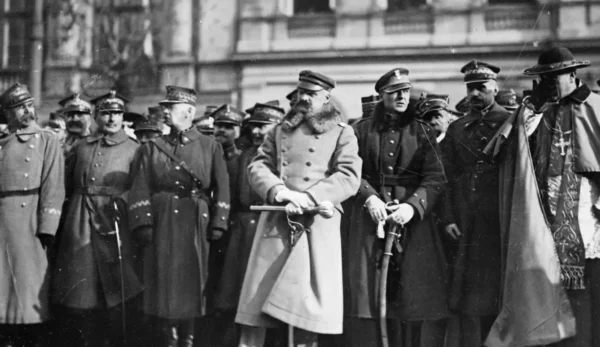Poland
Polish-Hungarian friendship resurrected in Budapest?

Hungarian forint hit another historic low!

Hungarian forint fell sharply in the last few days, but today there is hope

LEAKED: PM Orbán behind closed doors about dangerous US-plan in Europe

Where to Organize a Wedding in Warsaw?
Sponsored content Scenery and facilities are critical for creating an unforgettable wedding experience, and a wedding in Warsaw can indeed...
Two Hungarians find large chunk of asteroid detected by Hungarian astronomer

Hungarian public media supports independence of Polish public media

Strong Hungarian-Polish government relations are completely ruined because the war in Ukraine

VIDEO: Hungarian Wizz Air’s stewardess spotted a purple UFO following their plane

CEE ministers press EC for steps to manage Ukraine grain glut

Orbán’s Fidesz slams Polish government

Here is how Hungarians saved Poland from total annihilation

Orbán’s closest political advisor will help Trump win the presidency?

Government: Tusk ‘trampling over’ rule of law in Poland

Hungary will lose its veto right in the EU?

Polish MP receives high Hungarian award

Leaked: Pfizer-BioNtech sued Hungary

FM Szijjártó: Hungarian-Polish brotherhood key element of foreign policy





 ZH
ZH IT
IT DE
DE HR
HR NL
NL FR
FR JA
JA RO
RO RU
RU ES
ES TR
TR
